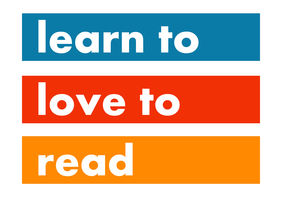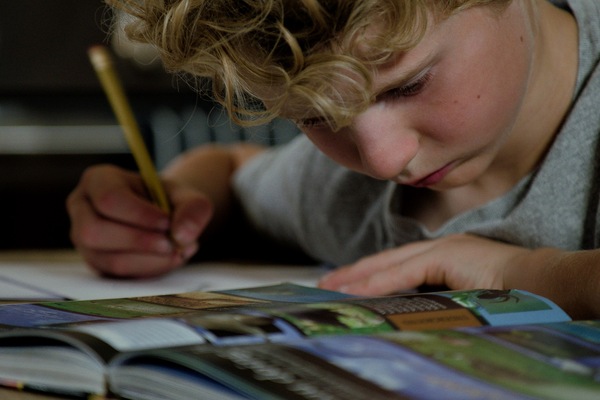Getting back to school after lockdown
In under two weeks’ time all children in England will be returning to school for the new academic year. Most of them won’t have seen the inside of a school since March and while some may have thrived on remote learning, for others there is simply no substitute for the classroom.
So how can parents smooth the transition back into full time classroom education? It’s important to remember that parents, children and teachers are in the same boat and all are no doubt approaching the new school year with some trepidation. Parents worry their children may have forgotten what they’ve learnt; children fear friendships might have changed in the long months since March; teachers wonder what school life will be like with social distancing measures in place.
If you are concerned that your child might be feeling anxious about the return to school, now is the time to start talking to them about it:
- Remind them about the routines of their school day: registration, lessons, break, lunch, PE.
- Reassure them that teachers will know they might have forgotten some things they learnt before and will be ready to help them.
- Explain – if your school has already told you – what things might be different when they go back, for example no assemblies, desks facing the front of the classroom, frequent handwashing, class bubbles.
- Reconnect with school friends if possible: seeing one or two children from their class before the start of term will help them feel more confident on their first day back.
- Start getting into a good sleep routine now. If your child has been going to bed and getting up later than they would on a normal school day, slowly begin adjusting bedtime so it’s not so much of a shock during those first weeks of term.
Back to books
Your Key Stage 1 child won’t be alone if they find they have lost some confidence in their reading ability during Lockdown. Teachers often see this after the usual six-week summer break, so they’ll expect to see a slide in many children who perhaps have not had much of a chance to practice reading over the last five months.
Back in May we wrote about the benefits of reading to your child (Are you sitting comfortably?) – how it can improve vocabulary and cognition while developing vital listening skills – all things children will need when they get back to school. So keep reading to your child and remember to include lots of chat about the story too. If you’re not able to access many books at home, or are in need of some fresh material, have a look at the online resources we have collected here: Phonics and early reading.
If your child is apprehensive about going back to school, there are specific books to help identify feelings of worry and open up a conversation about what they are feeling. Try Ruby’s Worry by Tom Percival or The Huge Bag of Worries by Virginia Ironside or the Little Paws Hotel books by Claire Luther https://www.head2heartbooks.com/.
Children starting Year 1 or 2 may well benefit from a refresher on their phonics – the bedrock of learning to read. The government has indicated that the Year 1 Phonics Test will take place next year, so if your child is feeling a little rusty (and perhaps you are too), check out Learn to Love to Read’s Summer Sounds programme (Summer Sounds) – short videos covering 37 phonic sounds your child needs to know, as well as sounding out and blending practice.
Primary school children have shown enormous resilience in what has been a most unusual year so far. It is likely the next few months may see further disruption for some, but these simple measures might just ease the transition back into a more regular routine.




